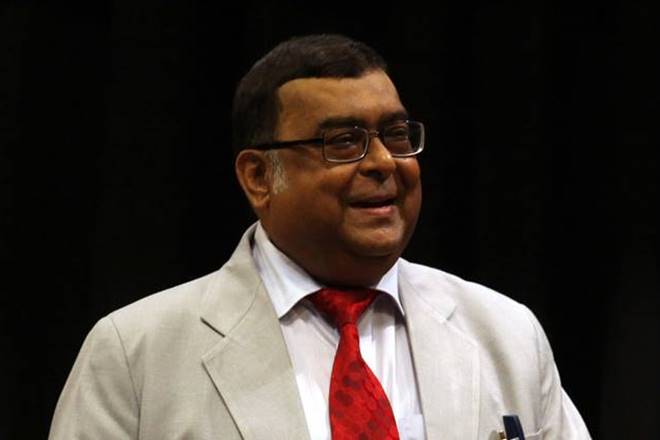The former Chief Justice of India Altamas Kabir has passed away on Sunday afternoon in a hospital at Kolkata. Earlier in the day, he was reported to be in a critical state and was undergoing treatment at a city hospital in Kolkata. One of his close friends Ashok Ganguly, who is also a former Supreme Court Judge confirmed the news by saying, “He is on life support system since his condition is very critical.” Ganguly also revealed the cause of illness and told that 68-year-old Kabir is suffering from a kidney-related ailment. “He is suffering from a kidney-related ailment,” said Justice (retd) Ganguly.
Kabir holds an important place in India’s judicial scene as he has been part of some very important cases over the years. He was born in 1948 in Calcutta’s Faridpur district which is now a part of Bangladesh. Kabir’s father was a leading Congress politician and remained minister under multiple political parties. He was the leader of trade Union of West Bengal and served as a Minister in the B.C. Roy and P.C. Sen ministries.
Kabir took a different path than his father and practised in the District and Calcutta High Courts after starting his career as an advocate in 1973. He was named the Chief Justice of India in September 2012 and held the position till 18th July 2013 presiding many important cases.
You may also want to watch:
As expected, Kabir’s career wasn’t away from controversies. Former Chief Justice of Gujarat High Court, Justice Bhaskar Bhattacharya, once alleged that Kabir had blocked his elevation to Supreme Court. Responding to the statement, Kabir accused Bhattacharya of making insensitive references about his sister. He was also accused of favouring Sahara group in its battle against Sebi on refunding Rs 24,000 crore to investors.
His most important case till date was that of Sandhya Manoj Wankhede of Amravati district in 2011. Another important case presided by him was the contempt case against the prominent advocate and (the now disbanded) Team Anna member Prashant Bhushan who alleged that half of India’s last 16 CJIs were corrupt.

